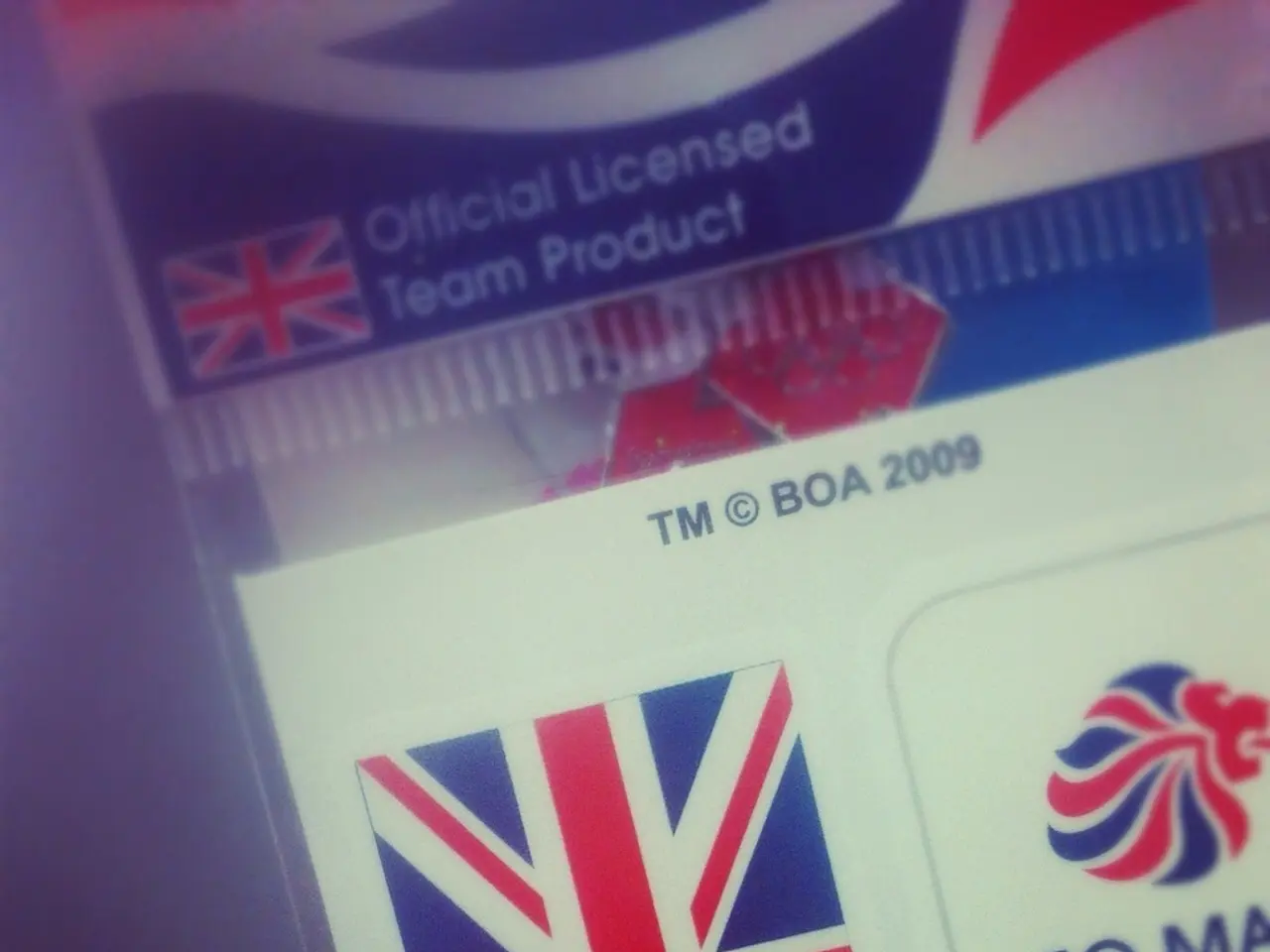Government plans to reform 10 welfare benefits, including Universal Credit, taking effect in a matter of days
Article Title: Important Changes to UK Benefits Payment Dates in 2022
In 2022, several changes to benefits payment dates in the UK will take place, primarily due to bank holidays. Here's what you need to know:
The Summer bank holiday on Monday, August 29 will cause a shift in payment dates for many benefits. Payments due on this day will be issued on the preceding working day, Friday, August 26. This applies to payments for Universal Credit, Attendance allowance, Carer's allowance, Disability living allowance, Income support, Jobseeker's allowance, Pension credit, Personal independence payment (PIP), State pension, Child benefit (paid by HMRC), and more.
It's worth noting that the Department for Work and Pensions (DWP) is also making a change to 11 mean-tested benefits, but details about this change have not been provided.
In the UK, standard bank holidays include New Year's Day, Good Friday, Easter Monday, Early May bank holiday, Spring bank holiday (late May), Summer bank holiday (late August), Christmas Day, and Boxing Day. These holidays can impact government services, including benefits payments, causing payments to be made on the preceding working day if the payment date falls on a bank holiday.
For those expecting payments on August 23 or 24, your money will be issued on August 22.
If you're a parent and your child is continuing in education, it's important to renew your claim to avoid automatic stops in child benefit payments. This applies if your child is 19 and enrolled in an approved education scheme or unpaid approved training course. In England and Wales, approved training courses include Foundation Apprenticeships, Traineeships, Jobs Growth Wales+ scheme, and more. In Scotland, the Employability Fund programme and No One Left Behind are also approved. In Northern Ireland, PEACEPLUS Youth Programme 3.2, Training for Success, and Skills for Life and Work are approved.
To determine your potential benefits eligibility and estimated payments, you can use benefits calculators from Turn2Us, Entitledto, MoneySavingExpert.com, charity StepChange, and Policy in Practice. While these calculators can provide a good indication of what you might be eligible for, your exact entitlement will only be clear when you make a claim.
Lastly, if you don't receive your expected benefit payment on August 22, it's important to contact the DWP immediately to resolve the issue. There are two more bank holidays this year that could impact when you receive your benefits, so keep an eye on those dates.
For more detailed and exact dates, it is advisable to consult the government or official DWP payment schedules for that year. The amount of money received will not change, unless there has been a change of circumstances that affects how much is due. Child benefit is currently worth £26.05 a week for the eldest child or only child, and £17.25 a week for each subsequent child.
- To manage your financial planning for 2022, it's crucial to be aware of the shifts in Universal Credit and other personal-finance related payments due to changes in UK benefits payment dates, particularly the Summer bank holiday on August 29.
- It's important to note that personal-finance matters such as bank holidays can have a significant impact on your benefits payments, causing adjustments in payment dates as seen with the payment for August 29 being issued on August 26.




